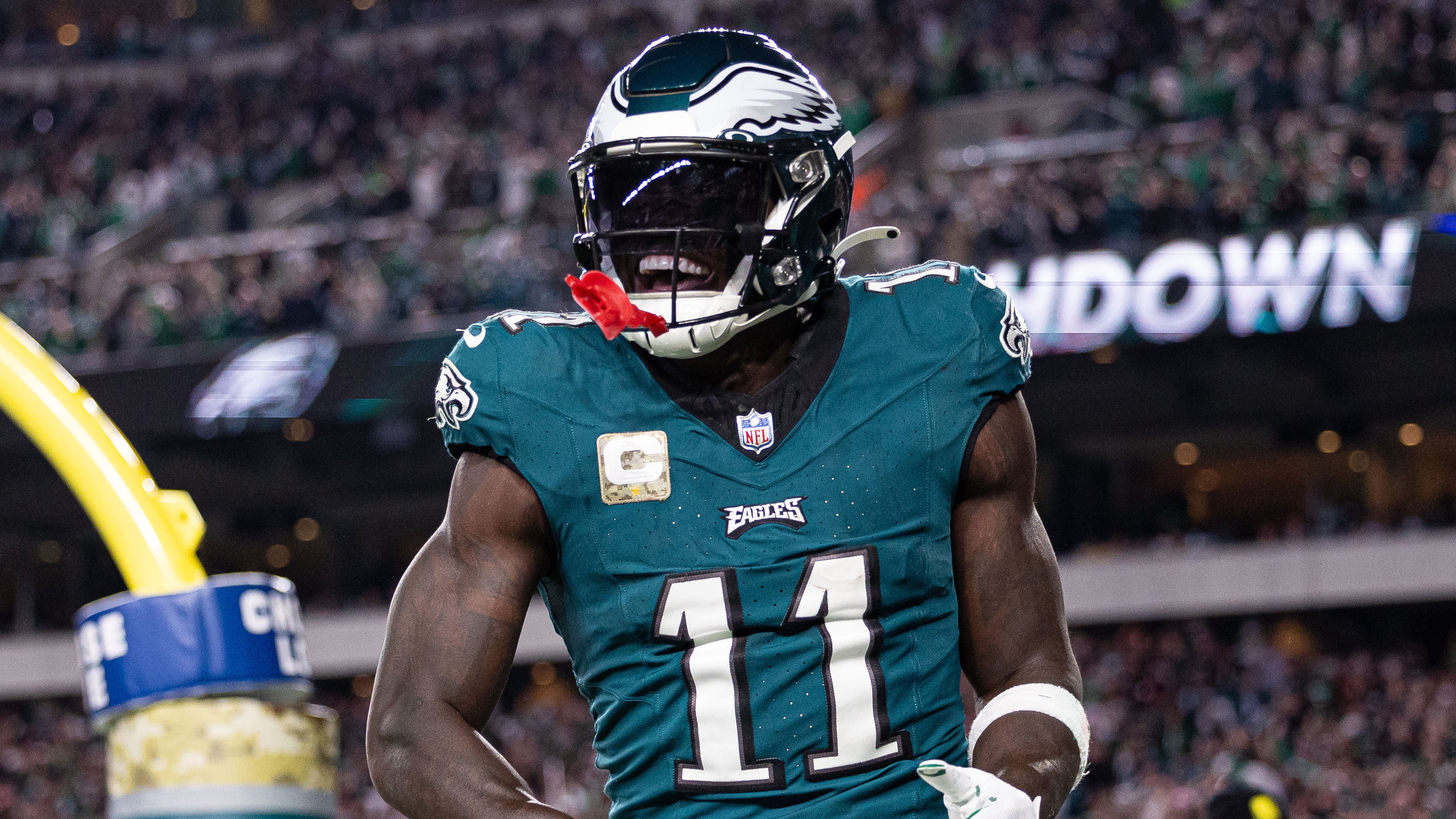Following the killing of a Massachusetts cop last week, Gov. Charlie Baker said Wednesday he would sign a bill reinstating the death penalty for the murder of law enforcement officers.
"I've supported the death penalty for people who kill a cop for a long time," the governor said. "I think there's legislation currently pending before the Legislature, and if it got to my desk I would sign it."
The death of Sean Gannon, a Yarmouth officer who was fatally shot in the head while serving an arrest warrant last Thursday, has some Republicans calling for the return of the death penalty in Massachusetts. Recent attempts to restore capital punishment in the state have faltered, most recently after the killing of another police officer two years ago and in 2013, after the Boston Marathon bombing.
On Tuesday, the Massachusetts Republican Party sent out a message on Twitter reaffirming the party's backing of capital punishment for criminals who kill police officers.
But there seems little appetite in the Legislature - controlled overwhelmingly by Democrats - to debate the death penalty again.
"I am personally opposed to the death penalty and I do not foresee Massachusetts reinstating capital punishment," Senate President Harriette Chandler, a Worcester Democrat, said Tuesday. "That being said, the death of Officer Sean Gannon is a heartbreaking tragedy and I hope that the justice system enacts swift punishment to those responsible."
A bill that would reinstitute capital punishment has just two sponsors - one Democrat and one Republican.
Local
In-depth news coverage of the Greater Boston Area.
Brian Kyes, president of the Massachusetts Major City Chiefs of Police Association, said his "knee-jerk" reaction would be to support the death penalty as a potential deterrent to acts such as the killing of Gannon. But he added members of his group would wait until after the funeral to discuss possible legislation, including the death penalty.
"We are going to factor out our emotions and then step back and make a collective decision with all the chiefs as to what we should support going forward," said Kyes, who is Chelsea's police chief. "We will give it some deep thought."
Massachusetts last executed someone in 1947. In 1984 the Massachusetts Supreme Judicial Court ruled that a death penalty law approved by voters was unconstitutional.
In recent decades, there have been several failed efforts to reinstitute capital punishment.
In 2013, lawmakers debated but ultimately shelved a proposal to reinstate the punishment after the deadly Boston Marathon bombings. Among those killed was Massachusetts Institute of Technology police officer Sean Collier, who was fatally shot during a confrontation with the bombers.
Dzhokhar Tsarnaev received a federal death sentence, currently under appeal, after being convicted by a U.S. District Court jury in Boston. His brother, Tamerlan Tsarnaev, died during a gun battle with police.
In 2016, Auburn Officer Ronald Tarentino Jr. was shot and killed during a traffic stop by a man with a lengthy criminal record. After the killing, Baker said he would support the death penalty for those who take the lives of police officers, but the law remained unchanged.
In 2005 former Republican Gov. Mitt Romney unveiled what he called the "gold standard for the death penalty in the modern scientific age" to ensure only the guilty were executed. The bill also failed.
The closest the Legislature has come to reinstating capital punishment was in 1997 following the abduction and murder of 10-year-old Jeffrey Curley.
A death penalty bill filed in the wake of Curley's murder failed after a single lawmaker switched his vote during reconsideration.
The most infamous Massachusetts death penalty case of the 20th century focused on Italian immigrants and committed anarchists Nicola Sacco and Bartolomeo Vanzetti.
The two were arrested after a payroll clerk and a security guard were shot and killed during an armed robbery at a Braintree shoe factory. The 1921 trial drew international protests by supporters who said the two were targeted for their political beliefs and immigrant status. They were executed in 1927.



